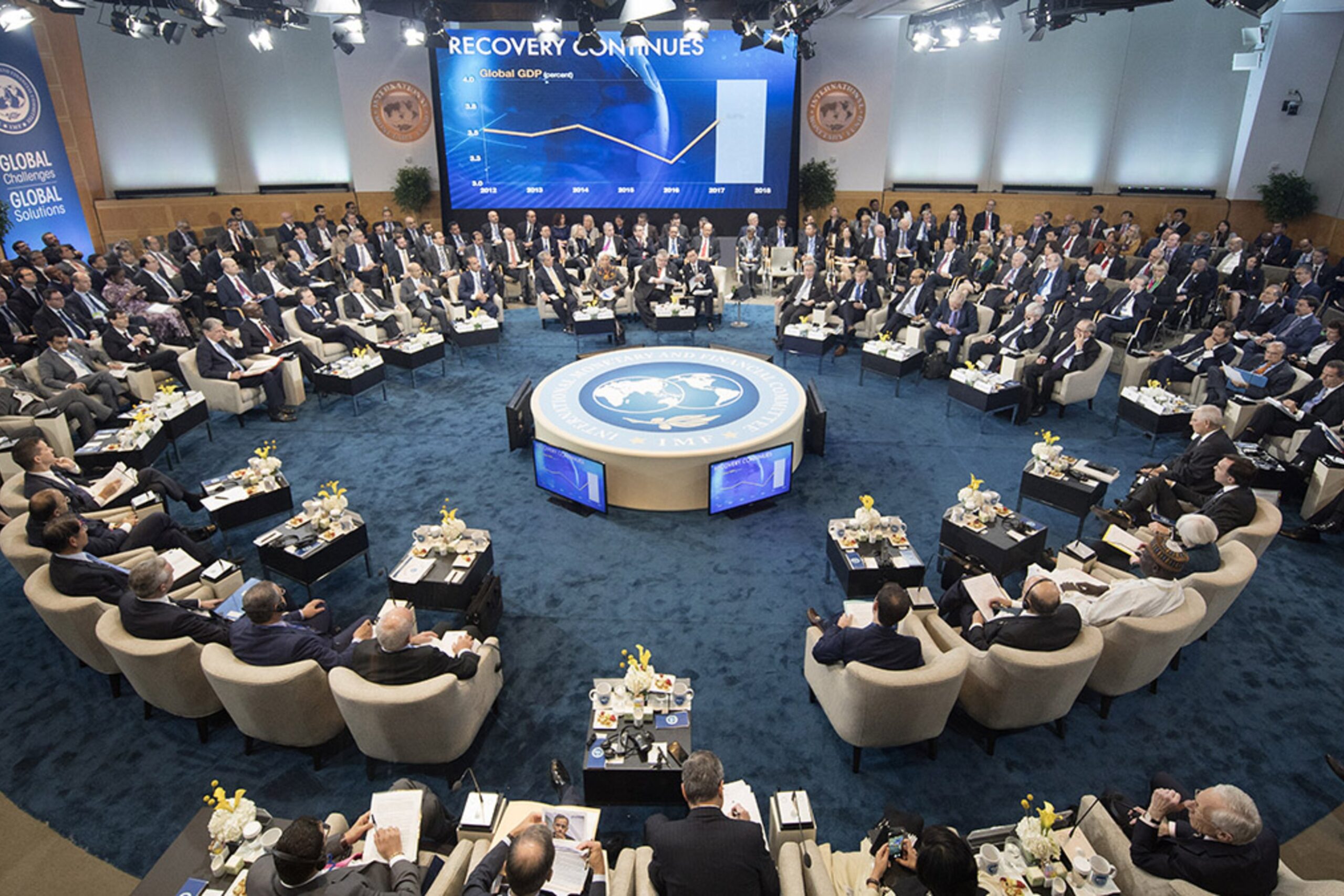Govt injects US$15m for Feruka expansion
Government has injected US$15 million towards the expansion of Feruka pipeline, as it scales up plans to convert the Msasa fuel depot in Harare into a regional inland hub for fuel distribution for Southern African Development Community (Sadc) countries.
Energy and Power Development permanent secretary Gloria Magombo told NewsDay Business that on completion, the programme will enable trucks to deliver fuel from Feruka to Harare.
“Other infrastructure projects that the government is embarking on include the expansion of the existing pipeline to increase its throughput from 2,19 billion to three billion litres per annum under phase 1,” Magombo said.
“The phase 1 project is expected to be completed next year at an estimated cost of US$15 million for the Zimbabwe portion of the line. The pipeline expansion project will help implement the strategy to convert Msasa Depot into a regional inland hub for fuel distribution with other Sadc countries including Zambia, the Democratic Republic of Congo and Botswana. The initial phase will enable trucks and rail wagons to pick fuel products from Feruka or Harare and in the long-term have pipelines constructed to Chirundu and Bulawayo,” she said.
The country currently imports fuel through the 287km Feruka pipeline stretching from Beira in Mozambique to the Feruka oil refinery outside Mutare.
The government controls 21km of the Feruka line while Mozambique’s Companhiado Pipeline Mozambique-Zimbabwe company controls the rest.
Feruka has a carrying capacity of 130 million litres per month and officials say the new pipeline is expected to carry 10 million litres of fuel in a day.
Magombo said government was also constructing Liquified Petroleum Gas (LPG) storage facilities with a 2000MT capacity in Ruwa.
“The ministry has ongoing investments through National Oil Infrastructure Company (NOIC) in the construction of LPG storage facilities with a capacity of 2000MT in Ruwa,” she said.
“The LPG storage and handling project was initiated to handle strategic reserves to ensure security of supply of LPG and stabilise prices on the market. The project is being done in phases with the first phase of 500MT being expected to be commissioned by the first quarter of 2023 at an estimated cost of US$10,5 million.
“This facility will provide additional storage that will be adequate to supply the local market requirements and create buffer stocks to avoid intermittent price shocks as well as shortages.”
However, in order to allow for consistent blending of petrol with ethanol, NOIC is constructing two storage tanks with a combined capacity of six million litres at its Mabvuku Depot which is expected to be completed soon.
The project cost is estimated at US$9,5 million.
Through private and public sector investments, a number of fuel retail outlets have been constructed throughout the country.
The number of service stations has increased from 229 in 2012 to 882 in 2021.
A number of sites have also been established this year improving access and competition within the sector.-newsday









